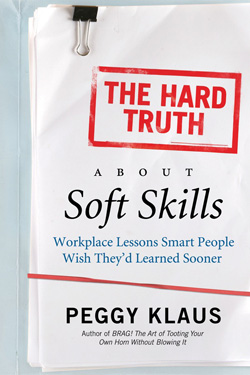At first glance, some might say this article is not related to leadership skills. In my opinion it is actually the opposite: the author explains 7 fundamental differences between “happy” and “unhappy” people that reveal how attitudes and the way we see the world and the others are decisive to succeed in whatever we do. Succeeding is not just a question of method: first of all, you should have the right approach to daily life and see things the good way. This is the reason why this psychology-oriented article gives good hints about leadership.
The author talks about seven differences in particular (my short comments in brackets):
1. Your default belief is that life is hard (as a consequence, every task will seem impossible)
2. You believe most people can’t be trusted. (this way you won’t be able to delegate)
3. You concentrate on what’s wrong in this world versus what’s right. (this will cause a lack of motivation: why should I get things better if everything around me will always be wrong?)
4. You compare yourself to others and harbor jealousy. (the good leader is never jealous, he appreciates and knows how to exploit for the best other people’s qualities instead)
5. You strive to control your life. (planning, planning, planning!)
6. You consider your future with worry and fear. (this way you’ll remain paralyzed in the process of decision-making)
7. You fill your conversations with gossip and complaints. (those who always complain are just losing time instead of how to solve the problems that caused the complains…)
Read the full article here: https://www.psychologytoday.com/articles/201306/what-happy-people-do-differently

image: Wikimedia (public domain)










Recent Comments